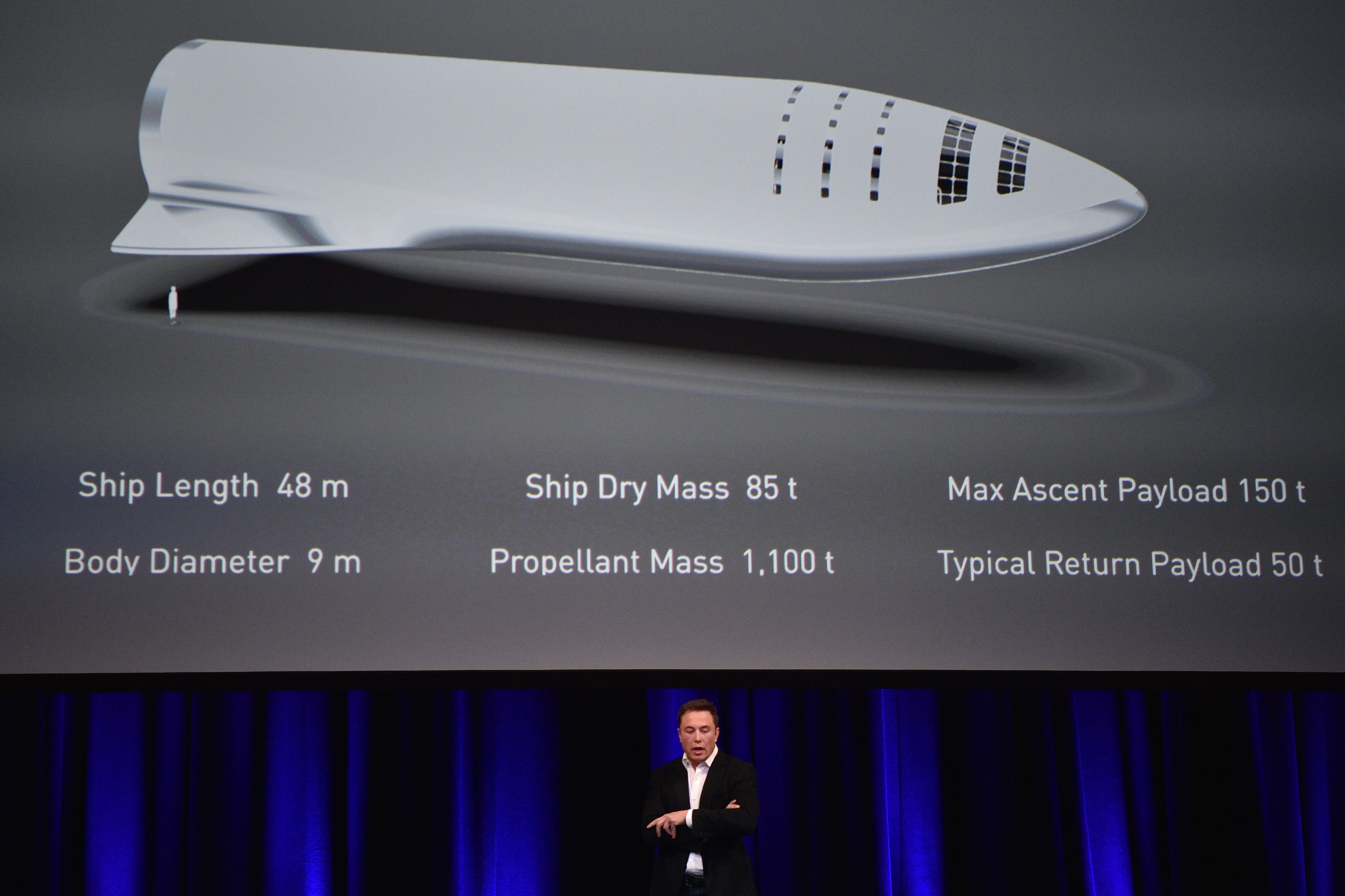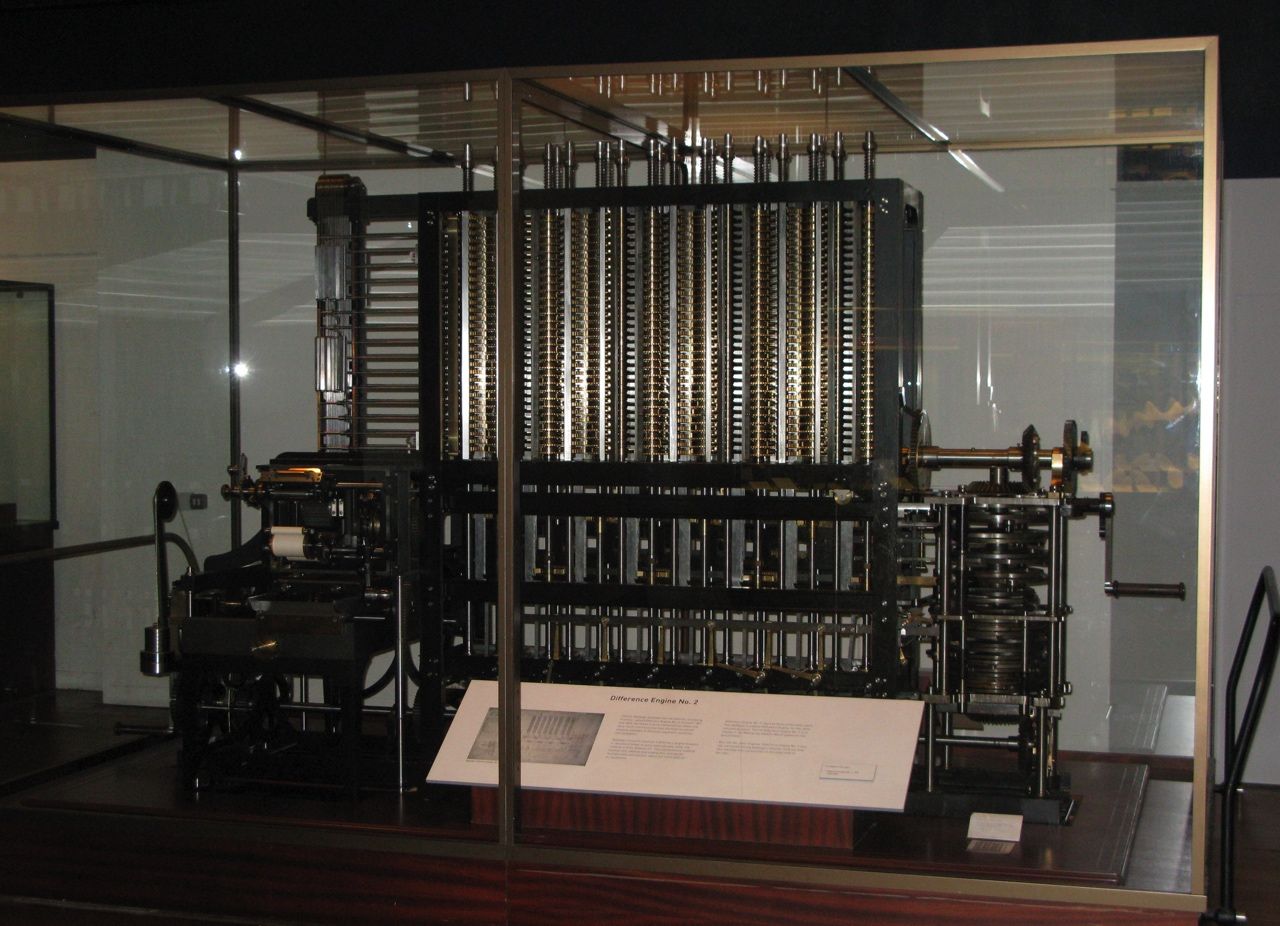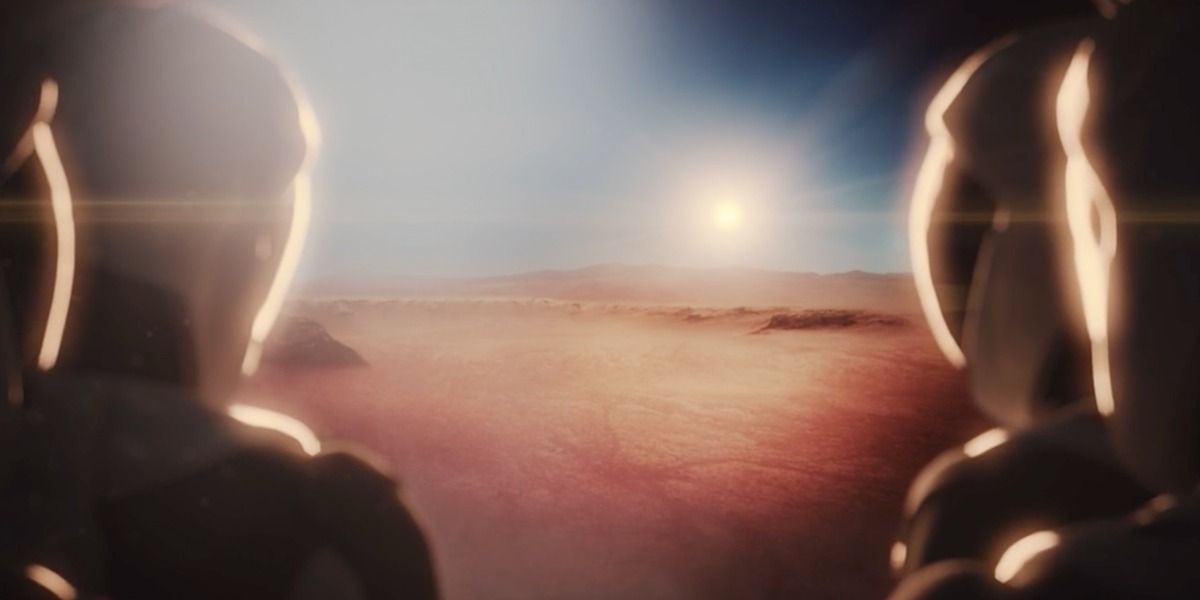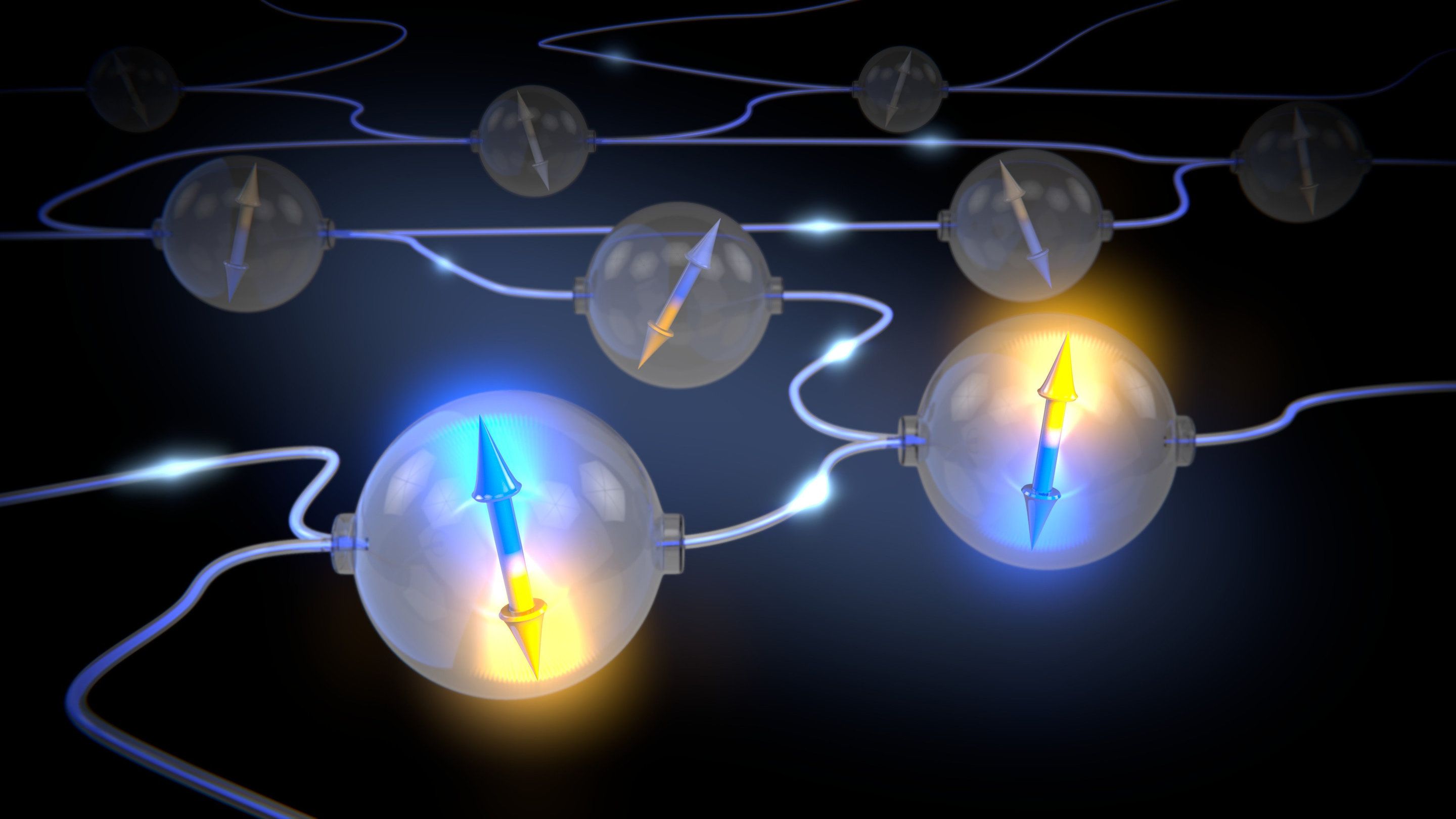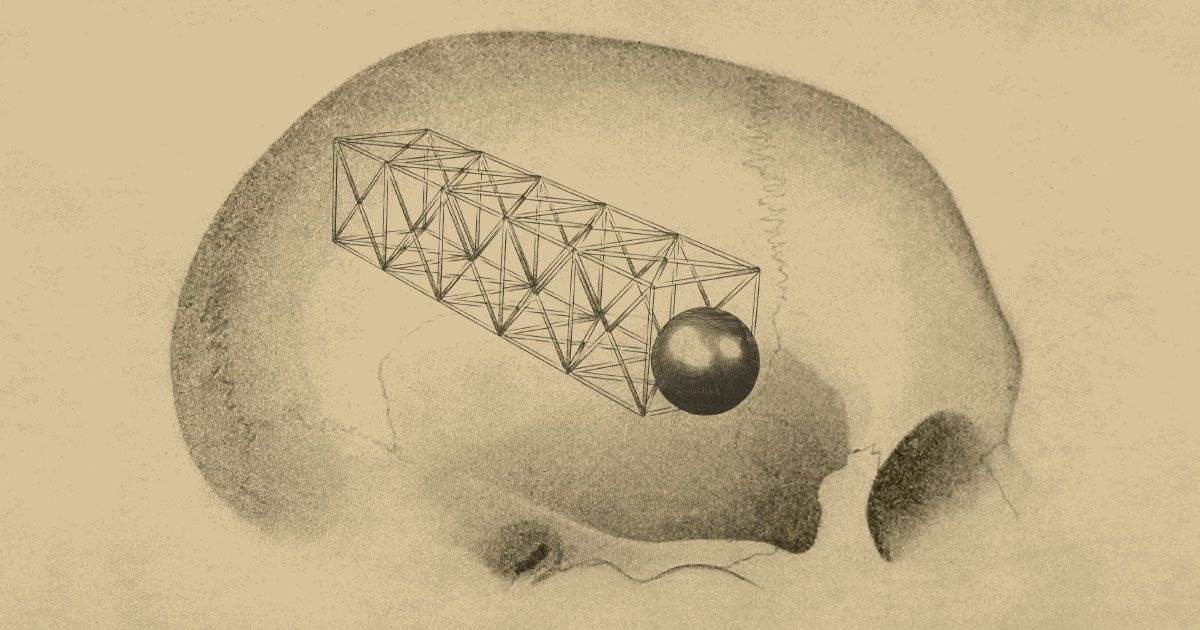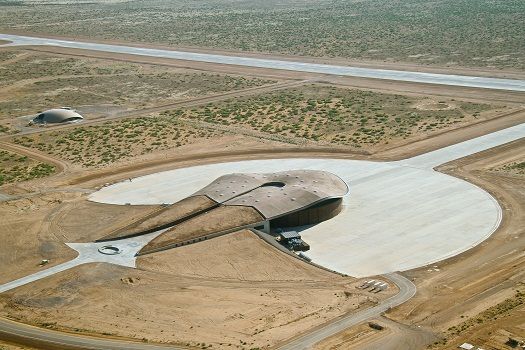Page 9419
Jun 14, 2018
How Ada Lovelace’s notes on the Analytical Engine created the first computer program
Posted by Genevieve Klien in category: computing
She may be one of the most famous women in science history, but what is it that Augusta Ada King, Countess of Lovelace achieve to gain such eminence?
Jun 14, 2018
We have hints of a theory beyond quantum physics
Posted by Genevieve Klien in category: quantum physics
If you think our best theory of reality is weird you ain’t seen nothing yet, says physicist Ciarán Lee – it could be a fuzzy version of something bigger.
By Ciarán Lee
I HAVE a confession to make: I’m bored of quantum mechanics. This is an odd thing for a physicist to admit, but the most successful theory of modern physics has started to leave me cold. Perhaps I have just grown too used to its spooky predictions and its love of randomness. Or it might be the fact that, despite its many successes and the way it has captured popular imagination, there are hints that quantum mechanics isn’t as accurate a picture of reality as some would have you believe.
Continue reading “We have hints of a theory beyond quantum physics” »
Jun 14, 2018
Scientists Investigate Bacteria That Could Make Oxygen for Future Martians
Posted by Genevieve Klien in categories: energy, space
Between the dust storms, thin atmosphere, and frigid temperatures, future Mars colonists are going to have it rough. But they won’t even get a chance to battle the Martian elements unless we figure out a way to supply them with life-giving oxygen. It may seem impossible to do so organically on the barren red planet, but a new Science paper suggests a single Earth organism might be able to do the trick.
In the paper, published Thursday, an international team of researchers report that cyanobacteria, a huge family of tiny organisms that thrive in extreme environments, show promise as oxygen sources for future Mars colonists. Because they are photosynthetic, cyanobacteria thrive on carbon dioxide and energy from the sun, burping up oxygen as a byproduct — just like plants. They’re the ideal fresh air source for Mars, as long as they don’t demand too much sunlight.
“This might sound like science fiction, but space agencies and private companies around the world are actively trying to turn this aspiration into reality in the not-too-distant future,” said study co-author and Australian National University Emeritus Professor Elmars Krausz, Ph.D., in a statement published Wednesday.
Continue reading “Scientists Investigate Bacteria That Could Make Oxygen for Future Martians” »
Jun 14, 2018
A Black Hole Has Been Shredding a Star Twice the Size of the Sun for 10 Years
Posted by Genevieve Klien in category: cosmology
Jun 14, 2018
Gene Therapy Repairs Spinal Cord Damage In Formerly Paralyzed Rats
Posted by Genevieve Klien in category: biotech/medical
A team of European scientists believes that their gene therapy research could prove to be a life-changing option for individuals who suffer from spinal cord injuries.
A research team from King’s College in London has taken a giant step toward helping paralyzed individuals regain “control of their hands.” In a recent experiment, the scientists have had success repairing spinal cord damage in rats using gene therapy.
The spinal cord is a cylindrical tube of nerve fibers and connected tissue that is enclosed within the spine. It carries instructions to virtually every part of the body, forming the central nervous system.
Continue reading “Gene Therapy Repairs Spinal Cord Damage In Formerly Paralyzed Rats” »
Jun 14, 2018
Scientists make first ‘on demand’ entanglement link
Posted by Genevieve Klien in categories: computing, internet, quantum physics
Researchers at QuTech in Delft have succeeded in generating quantum entanglement between two quantum chips faster than the entanglement is lost. Via a novel smart entanglement protocol and careful protection of the entanglement, the scientists led by Prof. Ronald Hanson are the first in the world to deliver such a quantum link on demand. This opens the door to connect multiple quantum nodes and create the very first quantum network in the world. Their results are published in Nature.
By exploiting the power of quantum entanglement, it is theoretically possible to build a quantum internet invulnerable to eavesdropping. However, the realization of such a quantum network is a real challenge—it is necessary to create entanglement reliably on demand, and maintain it long enough to pass the entangled information to the next node. So far, this has been beyond the capabilities of quantum experiments.
Scientists at QuTech in Delft have are now the first to experimentally generate entanglement over a distance of two metres in a fraction of a second, on demand, and theoretically maintain this entanglement long enough to enable entanglement to a third node. “The challenge is now to be the first to create a network of multiple entangled nodes—the first version of a quantum internet,” professor Hanson says.
Jun 14, 2018
Brains May Teeter Near Their Tipping Point
Posted by Genevieve Klien in categories: neuroscience, particle physics
In a renewed attempt at a grand unified theory of brain function, physicists now argue that brains optimize performance by staying near — though not exactly at — the critical point between two phases.
Jun 14, 2018
Pioneering Stem Cell Trial Seeks to Cure Babies Before Birth
Posted by Klaus Baldauf in category: biotech/medical

Even before she was born, Elianna Constantino had already cheated death.
Elianna has a rare inherited blood disorder called alpha thalassemia major, which prevents her red blood cells from forming properly. The disease, which has no cure, is usually fatal for a developing fetus.
Continue reading “Pioneering Stem Cell Trial Seeks to Cure Babies Before Birth” »
Jun 14, 2018
Second Annual Spaceport America Cup Scheduled for June 19–23 at Spaceport America
Posted by Genevieve Klien in category: engineering
LAS CRUCES, NM (Spaceport America PR) — Student rocketeers from around the globe will gather at Spaceport America June 21–23 for the Second Annual Spaceport America Cup, the world’s largest Intercollegiate Rocket Engineering Competition for student rocketry teams. The public in invited to meet the team and see their projects on June 19 in nearby Las Cruces, NM. Spaceport America is located between the cities of Las Cruces and Truth or Consequences, New Mexico.
More than 130 teams from US and international colleges and universities – including Canada, Egypt, Great Britain, India, Mexico, Poland, Turkey, Switzerland, as well as 31 of the 50 US States, plus the District of Columbia, and four of 13 Canadian provinces and territories – are registered. The competition will be challenging for the participants and exciting for spectators, as students will be launching solid, liquid, and hybrid rockets to target altitudes of 10,000 and 30,000 feet.
Among the events open to the public, under the auspices of the Experimental Sounding Rocket Association and Spaceport America, are:
